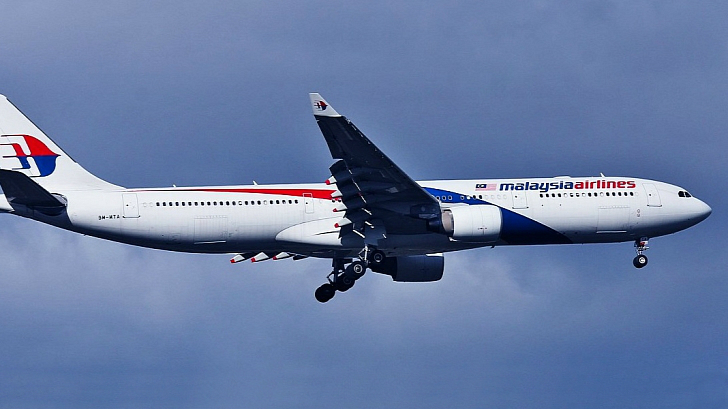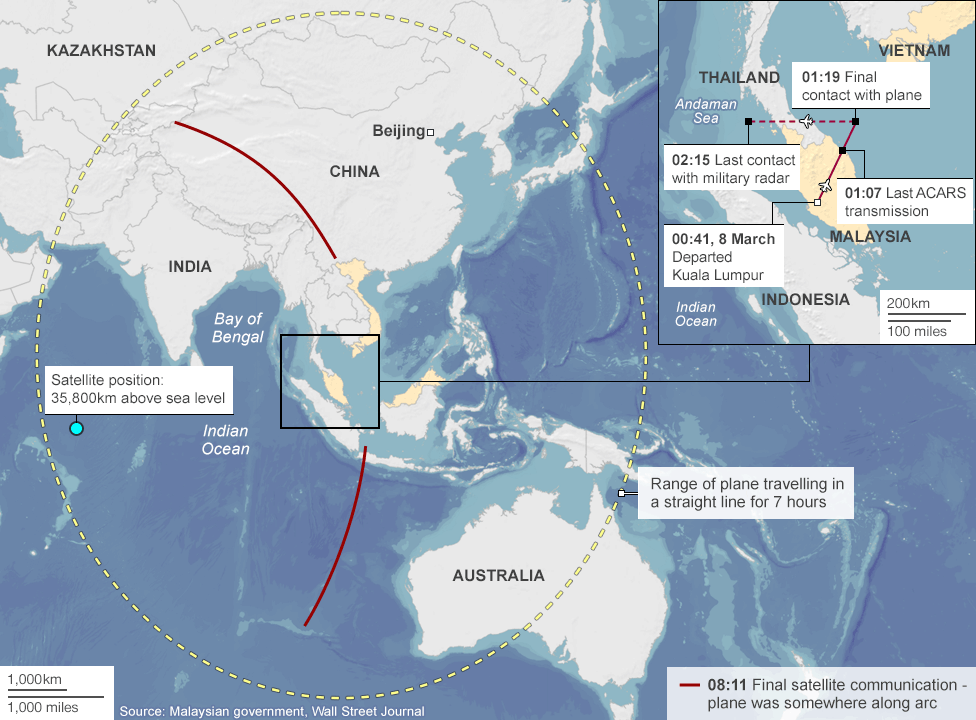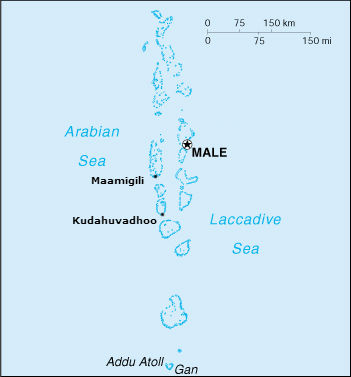The European Union has noted a “violation of rules” by the Supreme Court, as well as warning that the right to a free vote had been “undermined” by reported vote buying in their observations of the parliamentary elections.
The European Union Election Observation Mission (EU EOM) and the Commonwealth Observer Group both presented their interim reports at press conferences held today (March 24) in Malé.
Presenting the EU’s statement, Chief Observer Eduard Kukan said that although the voting was “calm and orderly,” with the process conducted in a “professional, impartial and transparent manner,” the Supreme Court’s removal of two members of the Elections Commission less than two weeks before the poll “raised serious concerns” and “overshadowed the electoral period”.
“The [Supreme Court’s] consequent removal of the chairperson and his deputy represented an assertion of power reserved to the People’s Majlis. It was a violation of the rules in both the constitution and the Elections Commission Act,” the EU EOM statement noted.
Similarly, the Commonwealth group’s interim statement – presented by the Chair Bruce Golding – congratulated the Maldives on holding a “peaceful and conclusive election,” but was “deeply concerned” by the Supreme Court’s actions which “inevitably had a negative effect on the overall electoral environment”.
As a result of this, the COG noted it was “disappointed that there was still a lack of clarity regarding inconsistencies between the Maldivian Electoral legislative framework and the guidelines issued by the Supreme Court last year.”
When reporters asked Mr Kukan if the Supreme Court influenced the results of the elections, he noted that it made a “difficult electoral environment,” but added that their sole mission was to observe the election process.
“It’s up to the people who they vote for,” he added.
Vote buying, media plurality, and female candidates
Another key finding in both statements was reported vote-buying and excessive campaign expenditure.
The EU EOM highlighted the tradition of high spending during elections, with candidates legally spending up to 1,500 MVR or some €70 per voter in a constituency.
According to the report, this spending is “insufficiently regulated,” and concluded that the lack of cap on spending “undermines” the right to a free vote from compulsion or inducement.
The Commonwealth mission made the recommendation that “concerted and systematic efforts need to be made to address this issue”.
Allegations of vote buying were highlighted in a previous statement by NGO Transparency Maldives (TM), who stated that “wider issues of money politics threatens to hijack [the] democratic process.”
Furthermore, TM revealed that a survey conducted prior to last year’s presidential election showed that 15 percent of respondents had been offered “money or other incentives” in exchange for their vote.
In addition to vote buying, both the EU EOM and the COG expressed concern over the media and freedom of expression during the elections. According to the Commonwealth, local stakeholders expressed concern that coverage by private media outlets were influenced by political affiliations.
“The liberalisation of the media sector in 2008 has so far not led to media pluralism,” stated Kukan. “Ownership of the main private TV and radio stations is concentrated in the hands of a small number of businessmen and politicians whose ideology is reflected in the editorial decisions.”
Kukan added that the “significantly partisan editorial content” hinders the “diversity and impartiality” in the election coverage. Kukan named broadcasters such as Raajje TV and VTV who he accused of “overly promoting their chosen party and candidates.”
The EU EOM also noted deficiencies in the legal framework’s adequacy to support the elections according to the international standards to which the Maldives has subscribed.
“Contary to the ICCPR [International Covenant on Civil and Political Rights], the rights to vote and to stand to election are limited on the grounds of religion, as citizenship is limited to Maldivians of Muslim faith, and candidates must be Sunni Muslim.”
The EU report added, “the Maldives has entered a reservation to article 18 of the ICCPR, thus restricting freedom of religion, and a reservation to article 16 of The Convention on the Elemination of All Forms of Discrimination against Women (CEDAW) restricting gender equality in family matters, thereby protecting inheritance laws which discriminate against women.”
The report noted an “extremely low numbers of female candidates,” with a total of 23 female candidates – just 5 of whom were elected. This indicates a decrease from 6.4 to 5.8 per cent female members of parliament.
The report noted that this, along with the low voter turn out for women was in part down to “prevailing and increasing social and cultural norms which disempower women, confining them to the domestic sphere.”
After continuing to observe the post-electoral period, the EU EOM will produce a detailed final report including recommendations for future elections.
The Commonwealth’s official report will be published following the group’s departure on March 28.
 (0)Dislikes
(0)Dislikes (0)
(0)

